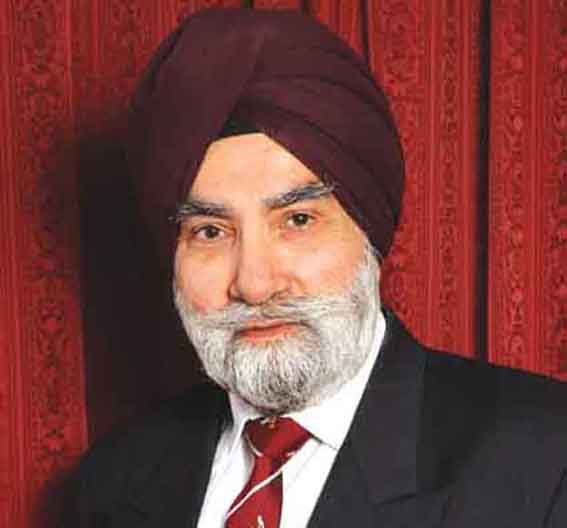Global Refugee Crisis

People are displaced for many reasons during war and peace. These include natural or man-made disasters and armed conflicts. Labels such as asylum seekers, refugees, people moving away from war zones or from famine affected countries, economic migrants and stateless person are most confusing. Through court cases, lawyers are busy trying to argue about such issues while at stake is the fate of migrants who risk their lives to migrate from unsafe places without any future to countries which offer them security and hope.
In 2019, one source gave the global number of refugees as over 70 million in 2019. Most probably the number is closer to a 100 million today.
Over the years, the distinctions between different categories of migrants have become blurred and that has created much business for lawyers. Let us take the example of Sikh migration from Panjab since 1984. Some decades ago, Panjab was the richest state in India. However, today, the political, administrative, economic and environmental systems in the state seem to be crumbling. So, from the viewpoint of an average working Panjabi, he is facing a desperate situation from which, given the opportunity, he would like to escape. Since 1984, either he would be a genuine asylum seeker or he/she is running from the unemployment and economic insecurity in Panjab to a more secure country. In fact, such, so called, economic migrants do end up in small boats to Britain amongst genuine asylum seekers!
So, the ever-larger number of people fleeing from armed conflicts, disasters, genocides and state terror in own countries and seeking asylum in other countries is the main but not the only cause of the global refugee crisis.
Western countries like Britain are seeking all sorts of desperate solutions to this crisis. The UK Court of Appeal ruled last week that Rwanda is not a safe country for asylum seekers. In doing so, the judges reversed a ruling in December by the High Court. Yet, all three judges agreed with the High Court that sending asylum seekers to a third country is not necessarily incompatible with the UN Refugee Convention. In effect, this amounts to passing the responsibility of refugee protection on to a much poorer third country with a doubtful legal system regarding effective protection of refugee rights. Nevertheless, the government is appealing and intends to continue with its stop-the-boats hard-line.
According to one source: The plan has already cost at least £120 million, and would cost a further £169,000 per person deported (compared with the £106,000 per person it costs to house an asylum seeker in the UK). With legal costs now stacking up, the Rwanda plan is quickly becoming very expensive.
The fact is that all sorts of migrants are adding to the global refugee crisis. It is said that the international community, and in particular wealthy nations, are failing to meaningfully share the responsibility for protecting people who have fled their homes in search of safety. Sometimes, in such discussions, the elephant in the room, being the authoritarian regimes and corrupt and tainted politicians of the countries concerned, is ignored. They should not be given red carpet receptions to secure trade deals but named and shamed if guilty of human rights abuses. There is need for a much stricter outsourcing and procurement contracts global regime.
The world urgently needs international cooperation to deal with global refugee crisis and fairer sharing of responsibilities.
Gurmukh Singh OBE
Principal Civil Servant retd (UK)